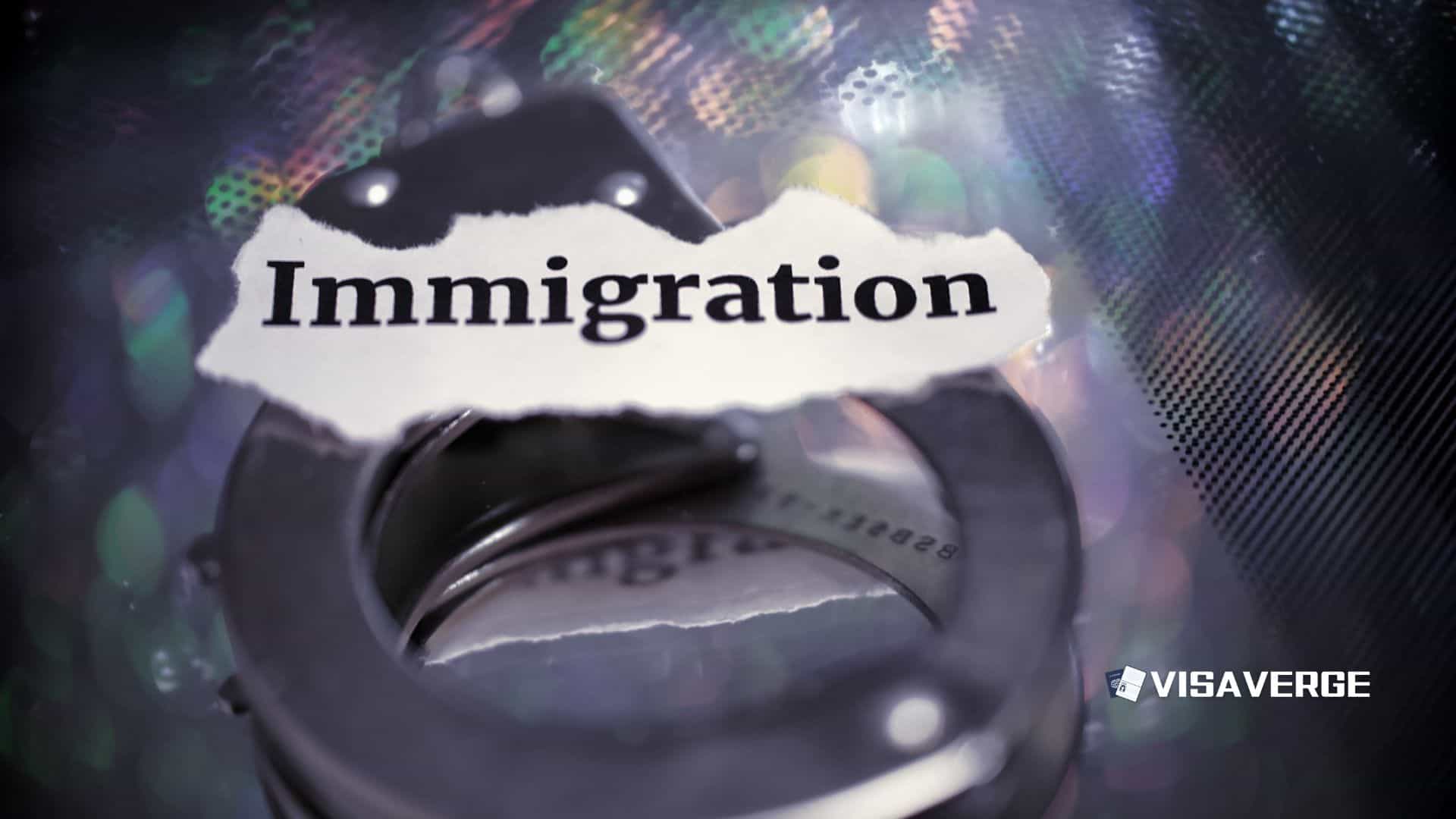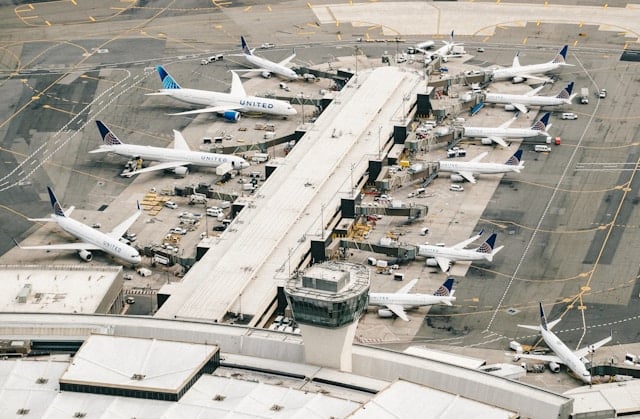U.S. immigration advocates say a quiet series of deportation flights has sent dozens of Iranian nationals back to Iran, including Christian converts who had asked for protection in the United States, raising sharp fears that some may face prison, torture or worse after landing in Tehran. Rights lawyers and community groups say the flights, which they describe as rushed and secretive, took place despite pending asylum claims and appeals, and left families split between the two countries.
Scope of the deportations

According to recent case files and testimony from attorneys, U.S. Immigration and Customs Enforcement (ICE) deported an estimated 120 to 220 Iranians in recent operations, including at least one nighttime flight that arrived in Tehran on September 29, 2025.
- Advocates estimate between 10 and 15 Christian converts were among those on board.
- Others on the flights included people who had sought refuge in the United States because of political or ethnic persecution in Iran.
Quick data summary
| Item | Details |
|---|---|
| Estimated number deported | 120–220 |
| Reported nighttime flight arrival | September 29, 2025 |
| Estimated Christian converts on board | 10–15 |
Asylum status and legal concerns
Lawyers say many of the Christian converts and other Iranian nationals on the flights had already filed asylum applications or were in the middle of appeals, yet were still deported under strict policies that apply to people who enter the United States through the southern border.
- Analysis by VisaVerge.com indicates some removed people said they never had a real chance to speak about their fear of going back to Iran in front of a judge.
- Attorneys report removal actions occurred while legal motions were still pending, and that last-minute efforts to halt departures failed because of strict time limits.
Reports from attorneys and families
One lawyer, Ali Herischi, represents several deported Iranians, including a Christian man who says he left Islam and converted to Christianity after facing pressure in Iran.
- The man travelled to the United States with his pregnant wife, hoping to start a new life.
- His wife remains in America, now caring for their newborn alone, while her husband sits back in Iran with no legal status and deep fear of arrest because of his faith.
Herischi and other attorneys say their clients were taken to the airport in shackles and handcuffs, sometimes late at night, with little notice to relatives or legal teams.
- Once they landed in Tehran, lawyers say U.S. officers handed over luggage, phones and other personal items to Iranian officials.
- Those bags often contained church materials, photos, or documents showing the deported people had joined Christian groups in the U.S. or had spoken out against the Iranian government.
Advocates warn that this transfer of evidence may put the Christian converts at even higher risk once they are back under Iranian control.
Risks faced by Christian converts in Iran
In Iran, people who leave Islam to follow Christianity can face:
- Long prison terms
- Harsh interrogation and other abuse
- Prosecution on vague “national security” charges linked to attending house-church meetings or sharing their faith
Community leaders in the Iranian Christian diaspora say they now spend nights trying to track down friends and family members who were suddenly deported and have vanished into Iran’s prison system.
“We thought he would be safe here,” one Iranian-American woman said, describing her cousin who had been waiting years for a hearing on his asylum case after becoming a Christian in Iran.
“Instead, I woke up to a call saying he was already on a plane back to Tehran.”
Government response and policy context
The U.S. government has not publicly confirmed these flights or given a full account of how many Iranian nationals were deported, or how decisions were made in cases involving Christian converts.
- Attorneys and advocates point to policies affecting many people who crossed into the United States from Mexico, which have made it harder for them to present detailed asylum claims before being placed in fast-track deportation proceedings.
- Rights lawyers say the recent removals appear far from the protection many expect from American refugee law.
General information on how asylum applications are supposed to be handled is available on the U.S. Citizenship and Immigration Services website.
Community reaction and advocacy
Iranian and Iranian-American groups in cities across the United States have condemned the deportations, saying the removals send a chilling message to dissidents and religious minorities who look to America for refuge.
- Activists called the flights “unconscionable” and a “betrayal” of people who spoke out against the Iranian regime and placed their trust in U.S. protection.
- They emphasize that Christian converts face special danger because Iran’s security forces treat small house churches and private Bible studies as threats to the state.
While advocates work to document each case, some are pushing members of Congress to press immigration agencies for answers about why these Iranian nationals were deported despite pending claims.
Ongoing concerns inside Iran
Human rights groups report that, when deported people arrive on flights from the United States, they may be questioned about:
- Any connection to opposition movements
- Links to foreign churches
This is especially likely if personal items handed over by U.S. officers point to religious conversion. For the Christian converts sent back in recent months, that scrutiny could now shape the rest of their lives.
Current unknowns and community anxiety
For now, the exact number of Christian converts and other Iranian nationals deported on these flights remains unclear, and their current locations inside Iran are often unknown even to close relatives.
- Lawyers and advocates say the quiet return of these men and women has shaken Iranian communities in the United States.
- Many now wait anxiously for news, fearing each phone call could bring word of another arrest, sentence, or forced confession in Iran.
Key takeaway: advocates and attorneys argue that sending Christian converts back to a country where they could face prison or worse conflicts with basic humanitarian principles, and they are seeking accountability and answers from U.S. authorities.
Advocates and attorneys say recent secretive U.S. deportation flights returned an estimated 120–220 Iranian nationals, including 10–15 Christian converts, some with pending asylum claims. Lawyers report removals occurred under fast-track policies tied to southern-border entries, with detainees taken at night, shackled, and their belongings handed to Iranian authorities. Community groups warn converts face prison, torture, or worse and call for transparency, legal review, and congressional inquiries into these deportations.













